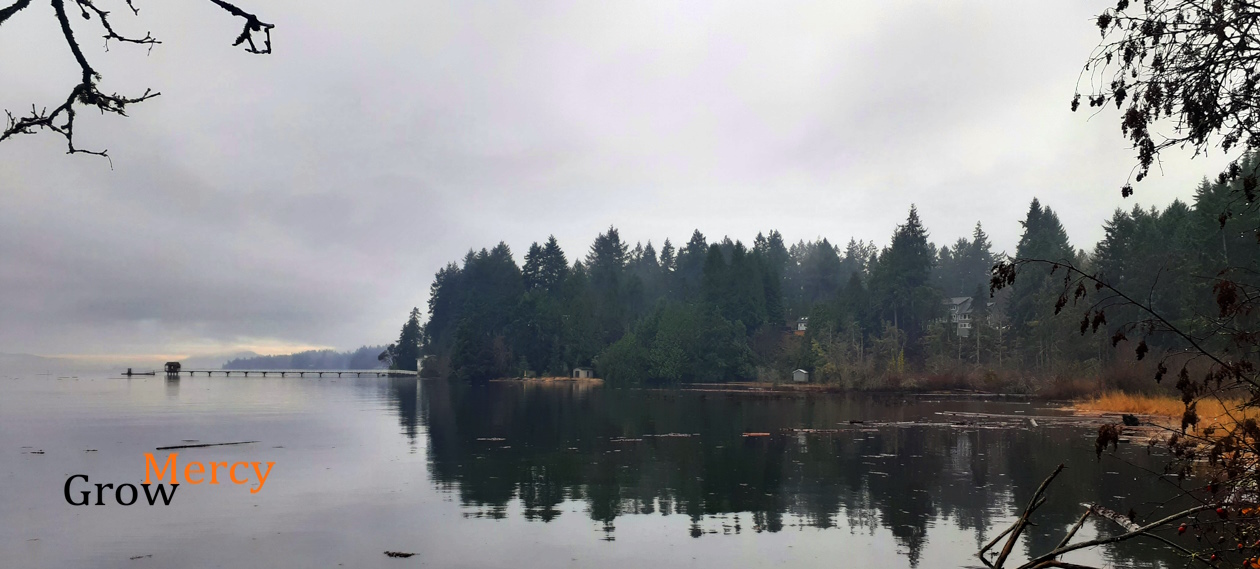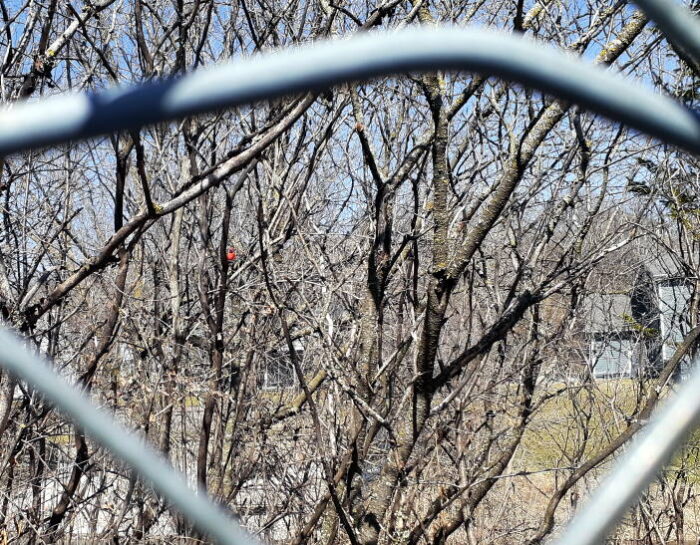He was ungainly, a loner, kind, intelligent, and a natural outcast. We cornered him after class but he slipped away. I was a runner. Caught him, tackled him at the edge of the schoolyard. Big boys threw punches. I stood watching. My regret, eclipsed by relief it wasn’t me flailing away on the ground.
My act gave me a place in the pack, but left me hooked to a vague feeling that without the knee-patched boy, I’d have been a target — as, minus kindness and intelligence, I was not so different.
I didn’t see it, but the identity of our measly cadre was tied to being something this castoff wasn’t. He was the excluded one, and also the thing that somehow unified our craven tribe, as any conflicts among us flies could be solved by a new round of baiting, bullying.
Inside, my soul squinted. Still, I was blind. Didn’t understand the dark dynamics of this ancient mechanism I was party to.
Didn’t know that this, in all its limitless permutations, is at the bottom of all kinds of power structures — from schoolyard hoods to office cliques, from sectarian politics to jingoistic nation-states.
I didn’t know, because the mechanism – when you’re personally caught up – has the uncanny ability to stay hidden.
So imagine: next time we chase him he runs into traffic, gets hit, is hospitalized. There’s remorse, even genuine, but again, it dissolves, as now, without a goat our grease-ball group is irritably off balance, leaving those of us on the lower strata nervous.
Now imagine further: this boy of sorrows, bones mended, body healed, comes back to school, not sullen, not angry, not vengeful, no marshaling the Administration to hold us in contempt, but wanting only to play with us. Why? Because he likes us. Always has.
Imagine the deflation. Our ready reserves of resentment and reciprocal violence collapsing, tumbling into a free space filled with peace. Our emotions mutating, inverting, our hearts cracking, pulled, almost irresistibly, towards transformation.
This boy of light, this sprout, this vine, through his benign return, blew up our tawdry band. Exposed its sick little lie, brought into relief an actual choice: retrench, or live free of the rivalrous need to see others as in or out, less-than, other-than. Imagine.
(With gratitude for the writings of James Alison, gifted interpreter of Rene Girard.)


What the world needs now… ?
Thank you Stephen
always
*the above question mark, was to be a musical note
As not really a question at all, I know well the answer.
Ha! I knew what you meant. This comment section doesn’t seem to know how to handle those punctuation emojis. But thank you so much for reading, and for the musical note!